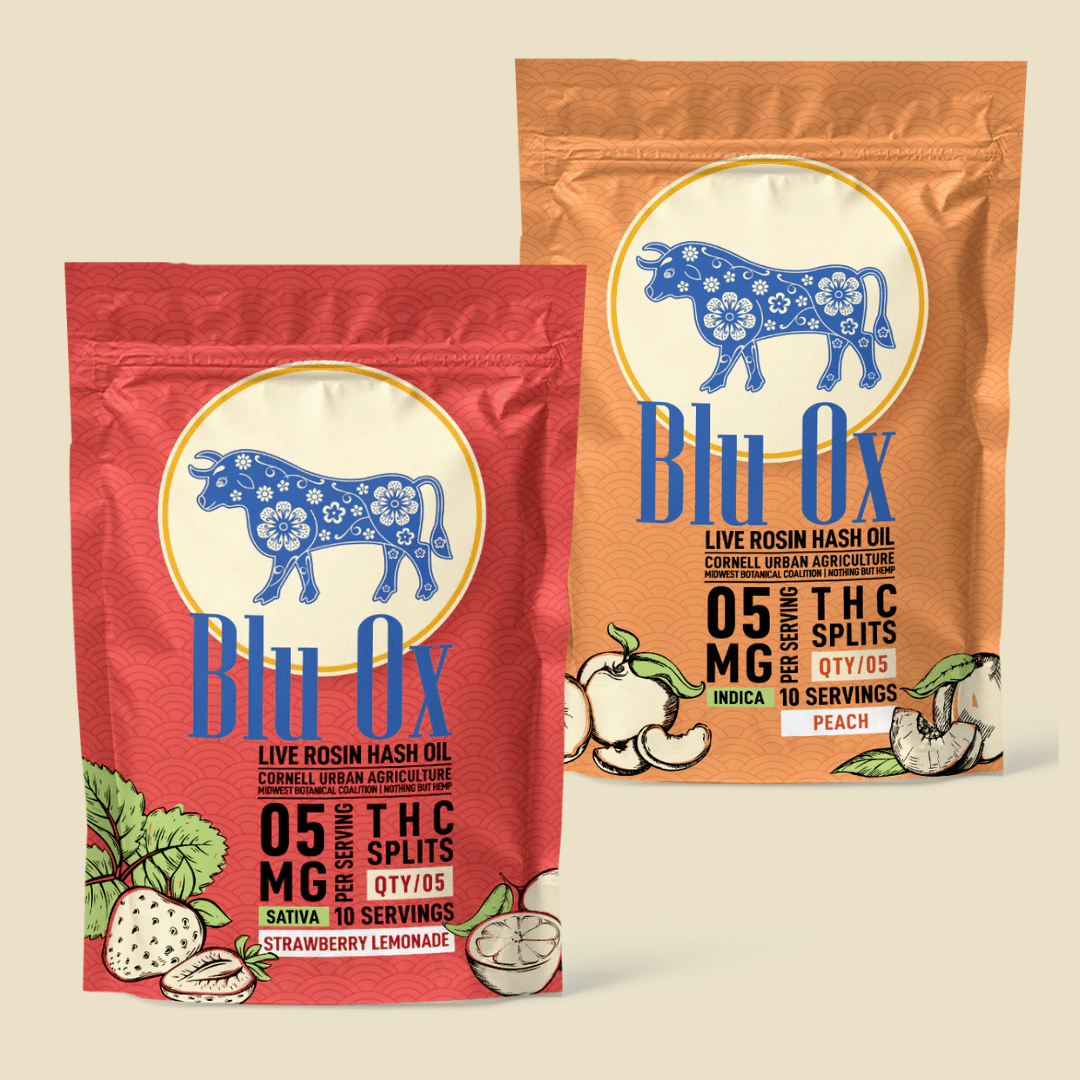In the ever-evolving world of cannabis, the focus has shifted from merely the potency of THC to the overall experience, driven by the complex interplay of cannabinoids and terpenes. Terpenes, the aromatic compounds found in cannabis and various other plants, are responsible for the distinctive scents and flavors of different strains. But their role extends far beyond aroma and taste. When incorporated into THC-infused beverages and edibles, terpenes can significantly influence the effects and overall experience, offering consumers tailored, consistent results. This article explores the importance of terpenes, the benefits of effect-based and strain-specific terpenes, and why they are essential to the formulation of premium THC products.
What Are Terpenes?
Terpenes are naturally occurring compounds found in plants, including cannabis, that contribute to their unique scent profiles. In cannabis, they are produced in the same resin glands as cannabinoids like THC and CBD. Terpenes are not exclusive to cannabis; they exist in fruits, herbs, and even some insects. For example, the terpene limonene is found in citrus fruits, while linalool is present in lavender.
Terpenes play an essential role in nature, acting as a defense mechanism against herbivores and attracting pollinators. In cannabis, they contribute to the plant's flavor, aroma, and even its therapeutic effects. When consumed, terpenes interact with cannabinoids in what is known as the "entourage effect," enhancing or modifying the overall impact.
Why Use Terpenes in THC Beverages and Edibles?
The inclusion of terpenes in THC-infused products is not just about flavor enhancement. By carefully selecting specific terpenes, manufacturers can craft products that offer a predictable, enjoyable experience that goes beyond simple intoxication. Here are several key reasons why terpenes are vital in THC beverages and edibles:
-
Enhanced Effects and Experiences
Terpenes interact with THC and other cannabinoids to modulate the psychoactive and therapeutic effects. For instance, the terpene myrcene is known for its sedative properties and can amplify the relaxing effects of THC, making it ideal for products aimed at promoting sleep or reducing stress. On the other hand, pinene can promote alertness and counteract some of THC's cognitive impairments. -
Flavor and Aroma
One of the most apparent benefits of terpenes is their contribution to the sensory experience. From fruity and sweet to earthy and skunky, terpenes shape the flavor and aroma profiles of edibles and beverages. This diversity allows manufacturers to create unique, palate-pleasing products that stand out in the market. -
Consistency and Predictability
Effect-based terpene profiles allow for consistency across batches, ensuring that consumers experience the same effects each time they purchase a product. This predictability is crucial for medical cannabis users who rely on specific effects for relief. -
Customization and Targeted Effects
Through the use of terpenes, THC products can be customized to cater to different needs and moods. For example, limonene and beta-caryophyllene might be combined to create an energizing, mood-boosting effect, while a blend of linalool and myrcene can craft a more relaxing, calming product. This customization allows brands to offer a broader range of products tailored to specific experiences.
Effect-Based Terpenes: Tailoring the Experience
Effect-based terpenes are curated blends designed to produce a specific set of effects, regardless of the cannabis strain used. These terpene profiles focus on achieving desired outcomes, such as relaxation, focus, energy, or sleep. This approach allows for greater flexibility and precision in product formulation, making it possible to target specific consumer needs.
Examples of Effect-Based Terpenes:
-
Relaxation and Sleep: Myrcene, linalool, terpinolene
-
Focus and Clarity: Pinene, limonene, beta-caryophyllene
-
Mood Enhancement: Limonene, ocimene, humulene
-
Pain Relief and Anti-Inflammation: Beta-caryophyllene, humulene, myrcene
By formulating products around these terpene profiles, brands can create THC beverages and edibles that reliably deliver the desired effects, offering consumers a curated cannabis experience.
Strain-Specific Terpenes: Honoring the Plant’s Natural Profile
Strain-specific terpenes replicate the unique terpene profile of a particular cannabis strain. This approach allows for the preservation of the strain's signature aroma, flavor, and effects, creating a more authentic cannabis experience. Strain-specific terpene products appeal to cannabis connoisseurs who seek the nuances and complexities of individual strains.
Popular Strain-Specific Terpenes:
-
Granddaddy Purple (Indica): Dominated by myrcene and linalool, known for its calming and sedative effects.
-
Runtz (Hybrid): Rich in limonene and caryophyllene, offering a balanced and euphoric experience.
-
Blue Dream (Sativa): Contains pinene, limonene, and caryophyllene, delivering balanced mood enhancement, creative and euphoric.
Strain-specific terpene formulations help maintain the integrity of the original strain, allowing consumers to enjoy the full spectrum of effects and flavors that they expect from their favorite varieties.
Brands Leveraging Terpenes
Many leading brands recognize the value of terpenes and incorporate them into their products to enhance the consumer experience. Brands like Nothing But Canna, Taboo Slap, Pure Love Cannabis, Vibes, and Canna Chill utilize terpenes to craft beverages and edibles that provide distinct effects, flavors, and aromas. Nothing But Hemp, a product development company, produces these brands and ensures quality terpene integration in each product.
-
Nothing But Canna offers gummies with strain-specific terpenes.
-
Taboo Slap focuses on effect-based terpene formulations.
-
Pure Love Cannabis features sexual enhancement terpenes in their products.
-
Vibes integrates strain-specific terpenes into beverages and hard candies.
-
Canna Chill uses strain-specific terpenes in their beverage line.
These products stand out in the market by offering consistent, high-quality experiences that appeal to a wide range of consumers.








































